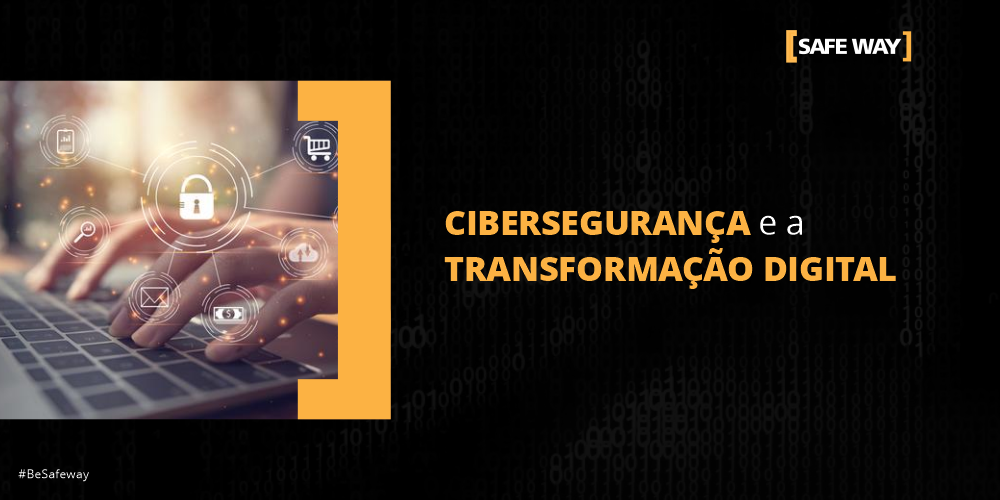Cybersecurity and the Digital Transformation
*By Carlos Borella
We know that Digital Transformation is not just about creating new technologies, devices and services that facilitate all the processes of a company and making their daily lives easier. The term is widely used in the corporate world when it comes to the demands of a new reality, in which technology advances faster than ever.
Yes, the digital transformation with the pandemic gained momentum and will continue, so this is the ideal time for organizations to reflect and strengthen their cybersecurity strategies.
There is no doubt that the integration of digital technology into all areas of a business results in fundamental changes in how companies operate and how they deliver value to customers. The technologies typically associated with digital transformation (Intelligent Edge, Intent-based Networking (IBNS), DCaaS, Cloud, among others) and the changes they are promoting are quite revolutionary and above all necessary. However, we must not forget that without a solid cybersecurity strategy, all efforts can be in vain.
Research shows that the safety it is the biggest factor hindering a company's digital transformation efforts. Also, more than half of the companies surveyed say security is the number one challenge they face when implementing digital enablement technologies. Compounding this, Osterman Research recently found that 57% of surveyed companies reported major problems finding and recruiting a talented IT security team. This presents an additional complication as Digital Transformation increasingly moves more data and systems to the cloud increasing the imminent risk of cyber attacks.
Therefore, it is essential that there is an integration of security in all areas, not only of technology, but fundamentally of Business. At the same time, seeing security is more than just technology or controls, it enables new businesses, services and business relationships to emerge. Here it is impossible not to talk about data protection from conception (or known as “by design”), where the adoption of safety, technical and organizational measures from the conception of a particular process, service or project.
With the wide range of different technologies being adopted by digital transformation, all teams associated with the project – applications, network and security – need to work together to achieve a common goal: a safe and successful digital transformation.
To deal with these and similar challenges, the Safeway assists and supports companies and organizations throughout the project, assessing all associated risks in order to develop a comprehensive security strategy. This cross-team collaboration to achieve a common goal should be at the heart of digital transformation and is a cybersecurity best practices approach. Without this initial planning and full recognition of the risks (or rather, of the universe of risks to which the initiative may be exposed) that a digital transformation strategy may entail, the goals may not be fully realized – and in the worst case, the initiative may even fail.
— Carlos Borella is CEO and Cyber Security Lead Partner at [SAFEWAY]
About [SAFEWAY]
THE SAFEWAY is an Information Security company, recognized by its customers for offering high added value solutions, through Information Security projects that fully meet business needs. In these years of experience, we have accumulated, with great pride, several successful projects that have earned us credibility and prominence in our clients, which constitute in large part, the 100 largest companies in Brazil.
Today through over 22 strategic partnerships with global manufacturers and our SOC, SAFEWAY is considered a one stop shopping with the best technology solutions, processes and people.
Safeway can help customers better understand their Information Security needs, as well as the tools needed to detect, respond and mitigate their risks involving threats and regulatory issues. In this way, our professionals and expert consultants can help eliminate small problems before they become big ones. Security, Vulnerabilities and Fraud Management actively analyzes your company's security through monitoring activities, mitigating risks and attacks in the IT environment.




